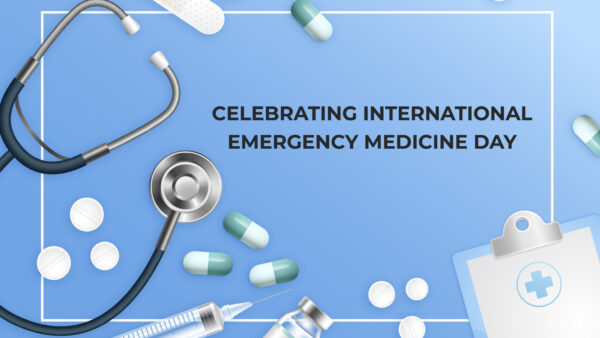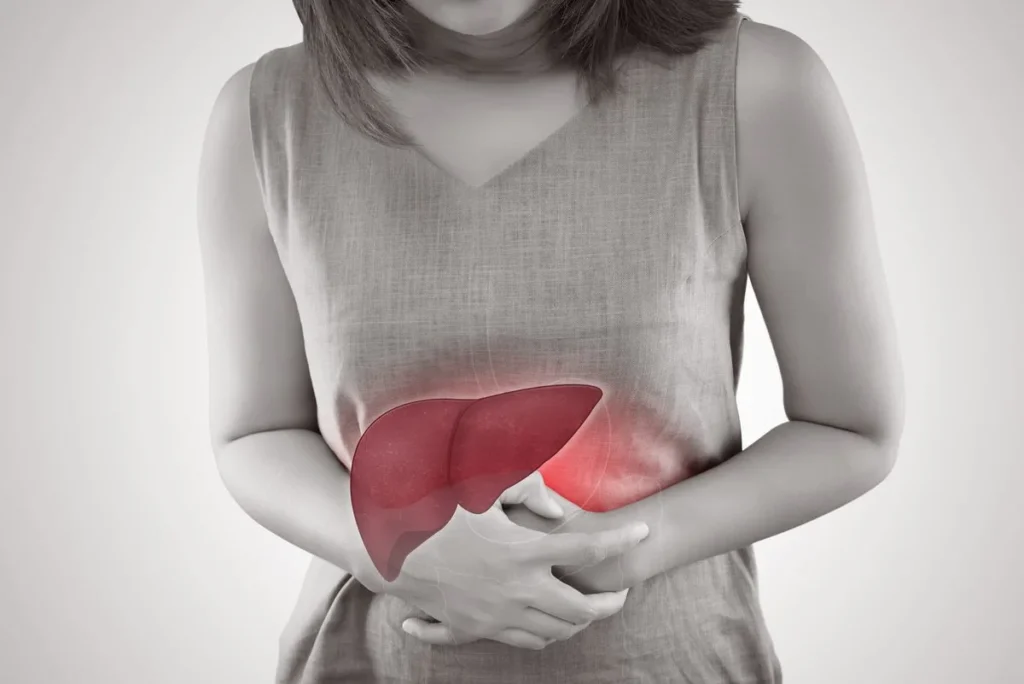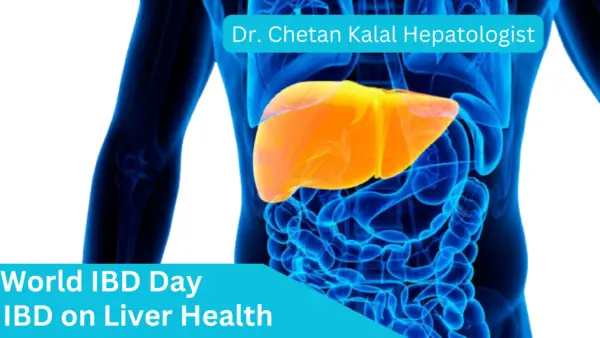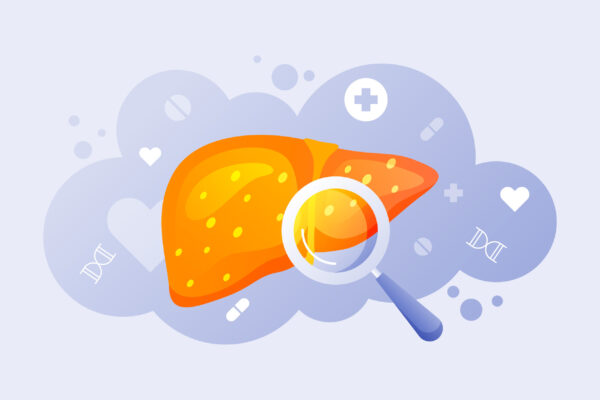Celebrating International Emergency Medicine Day: Prioritizing Liver Health for a Resilient Future
Let’s unite on International Emergency Medicine Day to recognize the importance of liver health in emergency care and beyond. Join me in exploring key points and strategies for safeguarding our liver well-being! 💡💪 🌈 Catchy Headline: “Emergency Care for Your Liver: Empowering Health on International Emergency Medicine Day!” 🌟 🌟 International Emergency Medicine Day: Spotlight on Liver Health! 🌟 🔹 As we commemorate International Emergency Medicine Day, let’s highlight the significance of liver health and its connection to emergency care with these key points: 💡 Point 1: The Vital Role of the Liver in Emergencies 🩺🌟 – The liver plays a critical role in our overall well-being and is essential in emergency situations, including trauma, drug overdoses, and acute illnesses. 🌈🩺 – Emergency healthcare providers prioritize liver function assessments and monitoring to ensure effective treatment and patient outcomes. 💪🩺 💡 Point 2: Liver Health for Resilience 🌍💚 – Maintaining optimal liver health is crucial for our overall resilience and ability to recover from emergencies. 🌿🌍 – Practicing healthy lifestyle habits, such as a balanced diet, regular exercise, moderate alcohol consumption, and avoiding risky behaviors, can promote liver well-being. 🥗💚 💡 Point 3: Recognizing Warning Signs 🚨🩺 – Being aware of warning signs and symptoms related to liver health is vital. These may include jaundice, abdominal pain, fatigue, changes in urine or stool color, and unexplained weight loss. 🚨🌡️ – If you experience any concerning symptoms, seeking medical attention promptly can aid in early detection and intervention. 🩺🌟 🌟 Empowering Liver Health on International Emergency Medicine Day! 🌟 #EmergencyMedicineDay #LiverHealth #EmergencyCare #HealthAwareness #LiverFunction #Resilience #LiverWellbeing #HealthStrategies #EarlyDetection #WellnessJourney #HealthyHabits #LiverAwareness #HealthEmpowerment #EmergencyCareAwareness #LiverDiseasePrevention #EmergencyMedicine #LiverFunctionMatters #HealthPriorities #EmergencyCareFocus #LiverWellnessTips #HolisticHealth 🌟 Prioritize Your Liver Health for a Resilient Future! 🌟 📣 Share this post to raise awareness about the importance of liver health in emergency care and everyday life. Let’s inspire individuals to prioritize their liver well-being, practice healthy habits, and promote a resilient future together! 🌍💚 #EmergencyMedicineAwareness #LiverWellbeing #HealthConscious #EmergencyCareTips #LiverHealthAwareness #HealthyLivingTips #EmergencyMedicineDayCelebration #HolisticWellness #LiverHealthMatters #LiverCare #EmergencyAwareness #HealthEducation #LiverWellnessStrategies #LiverSupport #HealthPromotion #EmergencyCareFocus #LiverResilience #LiverDiseasePrevention #HealthEmpowerment #LiverFunctionAwareness #EmergencyCarePriorities








